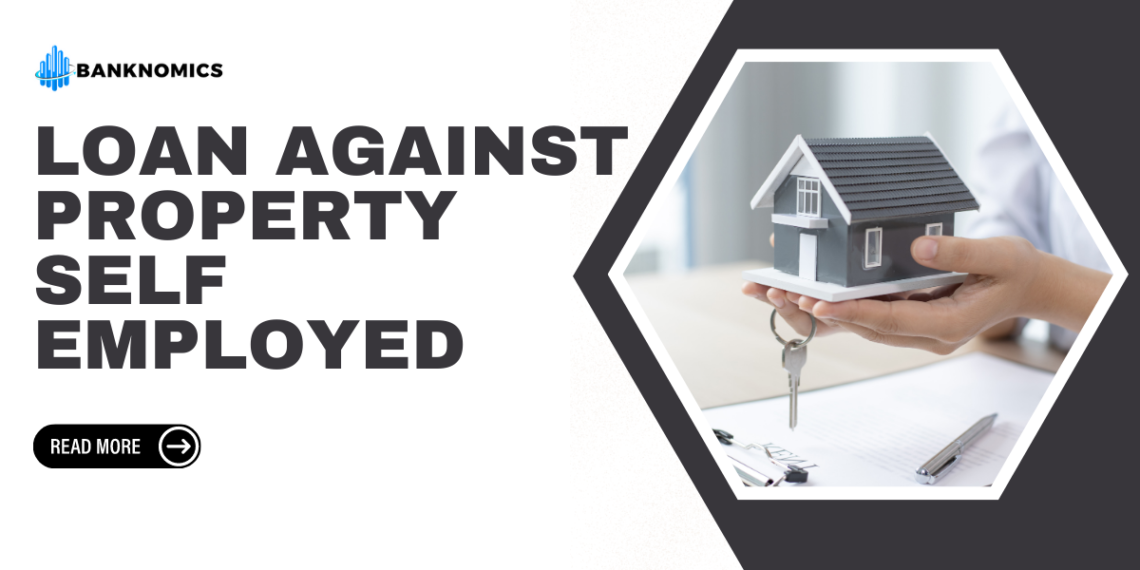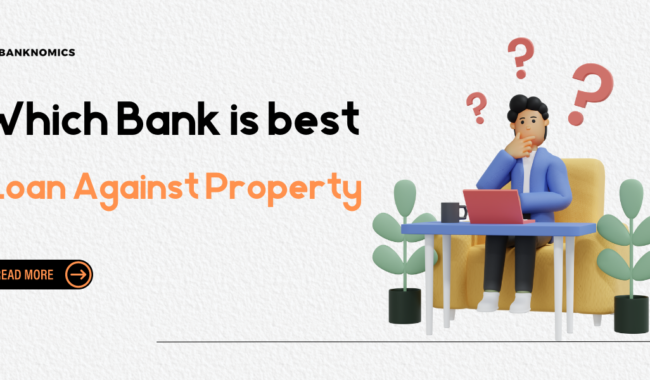A loan against property (LAP) is a type of secured loan that uses your property as collateral. This means that if you default on the loan, the lender can take possession of your property. LAPs are a popular option for self-employed borrowers, as they can provide access to large sums of money without the need to provide proof of income.
Who is Eligible for a LAP?
To be eligible for a LAP, you must meet the following criteria:
- You must be a self-employed individual.
- You must have a property that you can mortgage.
- Your property must be worth at least the amount of the loan you are applying for.
- You must have a good credit score.
Also Read: Top 7 Banks Offering Loan Against Property in 2023
What Documents Do You Need to Apply for a LAP?
To apply for a LAP, you will need to provide the following documents:
- Proof of identity
- Proof of address
- Proof of income (if you are self-employed, you may need to provide tax returns or financial statements)
- Property valuation report
- Bank statements
How Much Can You Borrow?
The loan amount you can borrow will depend on the value of your property and your credit score. Interest rates on LAPs are typically higher than other types of loans, but they can be a good option if you need a large sum of money quickly.
Also Read: What Is LAP And How Does It Work?
What are the Benefits of a LAP?
There are several benefits to taking out a LAP, including:
- You can borrow a large sum of money quickly.
- You do not need to provide proof of income.
- The interest rates are typically lower than other types of unsecured loans.
- The loan is secured by your property, so you are less likely to default.
What are the Drawbacks of a LAP?
There are also some drawbacks to taking out a LAP, including:
- The interest rates are typically higher than other types of loans.
- You may have to pay closing costs.
- If you default on the loan, you could lose your property.
How to Choose the Right LAP for You
When choosing a LAP, there are a few factors you will need to consider, including:
- The amount of money you need to borrow
- The interest rate
- The closing costs
- The length of the loan term
- The terms of the loan (such as prepayment penalties)
- It is important to compare different LAPs before you choose one. You can do this by visiting the websites of different lenders or by talking to a financial advisor.
Also Read: Exploring the Pros and Cons of Loans against Property
Conclusion
A loan against property can be a good option for self-employed borrowers who need a large sum of money quickly. However, it is important to carefully consider the benefits and drawbacks before taking out a LAP.
Keep reading and supporting Banknomics!




